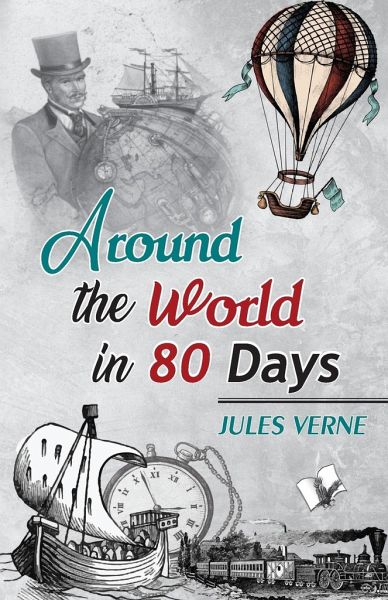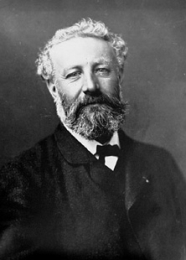
Around the world in 80 Days

PAYBACK Punkte
9 °P sammeln!
Around the World in 80 Days is a classic adventure novel written by Jules Verne. In the novel, Phileas Fogg and his French Valet Passepartout try to go around the world in 80 days to win a huge sum of money put up by Fogg's friends at the Reform Club. They leave from London by train on October 2 in order to win the bet; Fogg must return to the club by December 21, 80 days later. In Egypt, Fogg is a suspect for robbing the Bank of England by Scotland Yard detective Fix, and is thereafter followed by Fix. During journey Fogg and Passepartout have frustrating, exciting and perilous encounters tha...
Around the World in 80 Days is a classic adventure novel written by Jules Verne. In the novel, Phileas Fogg and his French Valet Passepartout try to go around the world in 80 days to win a huge sum of money put up by Fogg's friends at the Reform Club. They leave from London by train on October 2 in order to win the bet; Fogg must return to the club by December 21, 80 days later. In Egypt, Fogg is a suspect for robbing the Bank of England by Scotland Yard detective Fix, and is thereafter followed by Fix. During journey Fogg and Passepartout have frustrating, exciting and perilous encounters that threaten to prevent them from completing their trip on time. The novel is widely acclaimed and considered one of Verne's greatest works.















